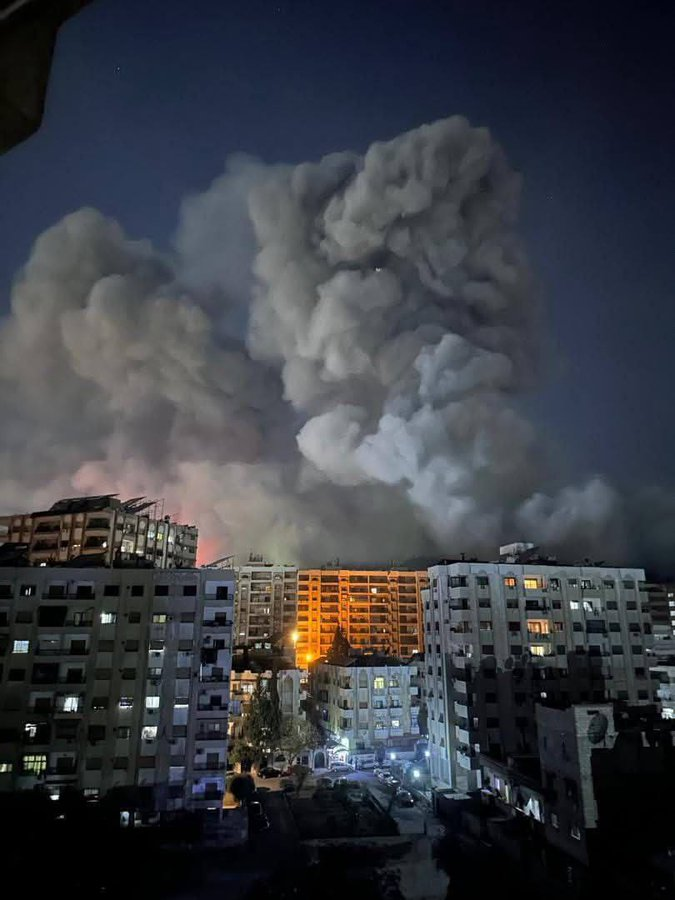CROSSFIREARABIA – Syria is about to enter a new political era without Baath Party rule which has been in power since 1963 and controlled by the Al Assad family since 1971.
After 61 years, this pan-nationalist party collapsed, Sunday when the capital Damascus fell out of the hands of the regime and into a motly opposition parties and Islamist groups, including the reformed Al-Nusra outfit, formerly affiliated to Al Qaeda and lead by Abu Mohammad Al Jolani who has renamed it yet again, as Hayat Tahrir Al Sham (HTS)
Many observers say this is the completion of the Arab Spring Syrian revolution started in 2011 but took 13 years of bloodshed to arrive at this stage of political development.
Over this period the Baath regime saught to control the country with an iron-fist with the help of Russia, Iran and Hezbollah to beat the armed groups that slipped into Syria to attempt to “regime-change” the Baathist order.
Today, they stand successful with the regime finally collapsing, and its leader Bashar Al Assad hastily scurrying outside the country in a plane in the middle-of-the-night, Sunday, heading to what is thought to Moscow.
This is indeed an end of era for Syria and a beginning of a new dawn with a twist in Arab nationalist politics for change has both been unexpected and happened so quickly.
It all started on 30 November when the anti-regime groups took control of Aleppo in the north from the Syrian army and then proceeded to Idlib, Homs and clenched Hama city center moving very fast to the strategically important province of Homs which is a gateway to the Syrian capital of Damascus.
The opposition forces were not to be stopped capturing other towns and cities in the south of the country, including Suwayda and Qunitera and Deraa on the border with Jordan. Despite clashes with regime forces they established control and moved northward towards Damascus.
By Sunday 8 December, it was all over, the opposition groups entered Damascus and established control of the capital.
Today the situation remains fluid. Al Jolani, who quickly established firm control has called on the Baathist Syrian Prime Minister Mohammad Ghazi Al Jalali, who is still in his home in Damascus, to continue in his official position during this transitional period.
Since their take over, the opposition groups stated they want things to continue as they are and government departments to function as smoothly as possible.
Meanwhile Arab countries, US, Russia, Iran and Israel are watching carefully the unfolding developments in Syria.


 Sixty Israeli Airstrikes on Damascus Syria in the last hour.
Sixty Israeli Airstrikes on Damascus Syria in the last hour. (@Partisangirl)
(@Partisangirl) 





